Some 5,000 jobs are lost.
Ford Motor Co. will stop manufacturing in Brazil in 2021 as part of a restructuring plan meant to cut costs and increase efficiency, the company announced Monday afternoon. ‘Ford Brasil’ is the Brazilian subsidiary of American automaker Ford Motor Company which was founded some 101 years ago on April 24, 1919. This January 2021, Ford ceased the production of their vehicles in Brazil. The Camaçari, Bahia and Taubaté plants were shut immediately.
Restructuring
The company is closing two plants immediately and a third later in the year, affecting about 5,000 workers, spokesman T.R. Reid told reporters during a conference call. This is part of the long-term USD11 billion restructuring plan that began with former CEO Jim Hackett.

Ford has lost hundreds of millions of dollars in the region. Vehicles sold in Brazil will continue to come from Argentina, Uruguay and other markets, the company said in a news release.
New Models
Ford will serve the region from its global product portfolio, including some of its most popular vehicle lines such as the all-new Ranger pickup built in Argentina, new Transit van, Bronco and Mustang Mach 1, and plans to accelerate the introduction of several new connected and electrified models. Ford maintains full customer support operations with sales, service, aftermarket parts and warranty support in Brazil and South America. Ford will also maintain its product development center in Bahia, its proving ground in Tatuí, São Paulo, and its regional headquarters in São Paulo.
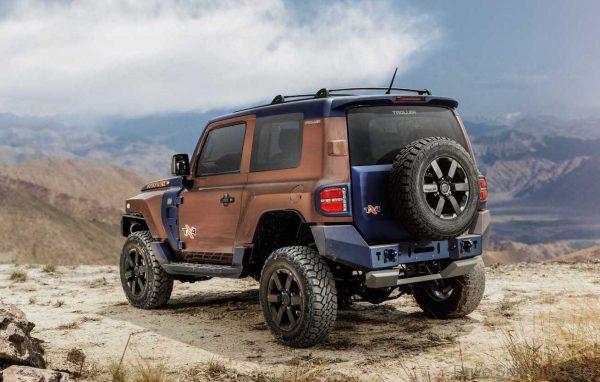
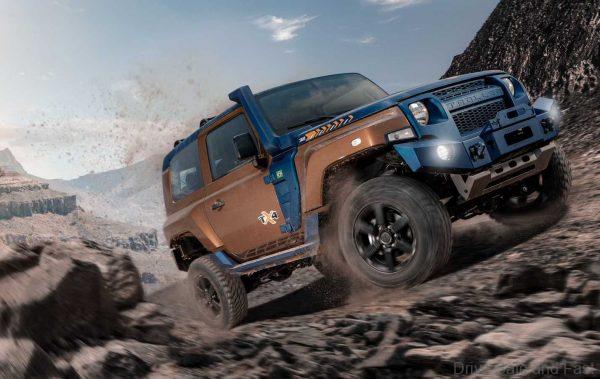
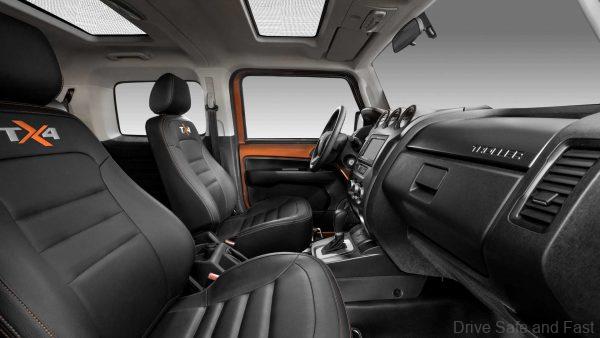
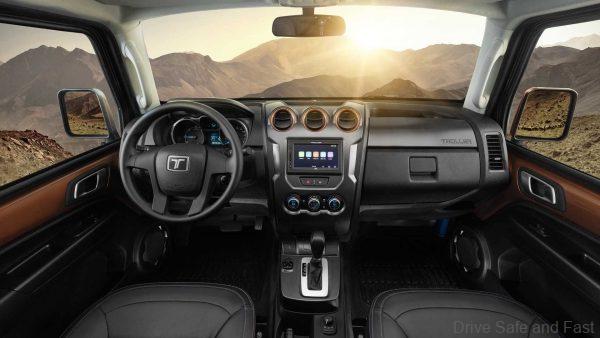
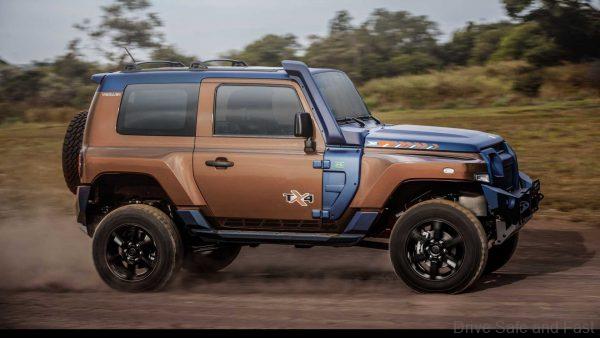
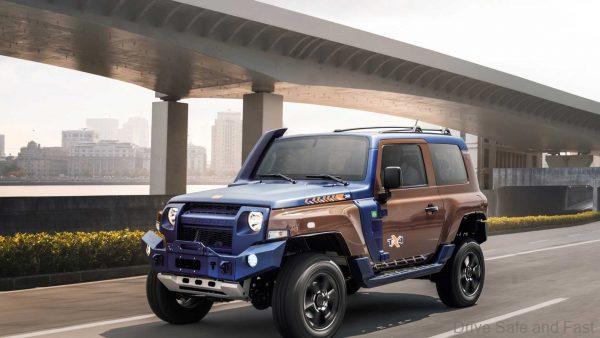

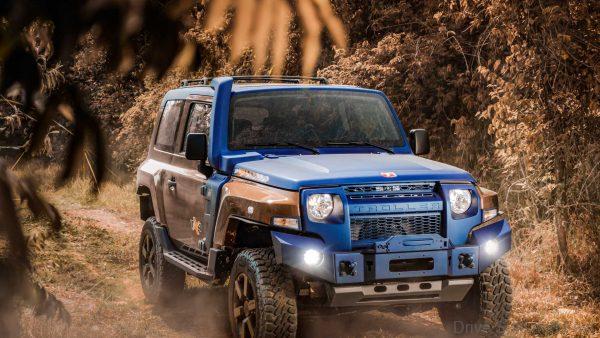
“With more than a century in South America and Brazil, we know these are very difficult, but necessary, actions to create a healthy and sustainable business,” said Jim Farley, Ford president and CEO. “We are moving to a lean, asset-light business model by ceasing production in Brazil and serving customers with some of the best and most exciting vehicles in our global portfolio. We will also accelerate bringing our customers the benefits of connectivity, electrification and autonomous technologies to efficiently address the need for cleaner and safer vehicles well into the future.”
Ford said it would immediately begin working closely with its unions and other stakeholders to develop an equitable and balanced plan to mitigate the impacts of ending production.
Impact
“Our dedicated South America team made significant progress in turning around our operations, including phasing-out unprofitable products and exiting the heavy truck business,” said Lyle Watters, president Ford South America and the International Markets Group. “In addition to reducing costs across the business, we launched the Ford Ranger Storm, Territory and Escape, and introduced innovative services for our customers. While these efforts improved results over the past four quarters, the sustained unfavorable economic environment and the additional burden of the pandemic made it clear that much more was necessary to create a sustainable and profitable future.”
Ford is actively evaluating its businesses around the world, including in South America, making choices and allocating capital in ways that advance Ford’s plan to achieve an 8 percent company adjusted
“We will work earnestly with unions, employees and other stakeholders to develop measures to help deal with the difficult impact of this announcement,” Watters continued. “I want to emphasize that we are committed to the region for the long-term and will continue to offer customers full sales, service and warranty support. This is especially true as we bring to market a robust lineup of exciting connected and electrified SUVs, pickups and commercial vehicles from within and outside of the region.”
Watters added that, in addition to the recently confirmed production of the next-generation of Ranger and the arrival of the Bronco, Mustang Mach 1 and Transit van, Ford plans to announce other all-new models, including a new plug-in vehicle. This includes expanding connected services and introducing new automated and electrified technologies to South America.
As a result, the company will end sales of EcoSport crossover, Ka and T4 once inventories are sold. Manufacturing operations in Argentina and Uruguay and the sales companies in other South America markets are not affected.
Ford will continue to facilitate possible reasonable alternatives for interested parties to take over available production facilities.